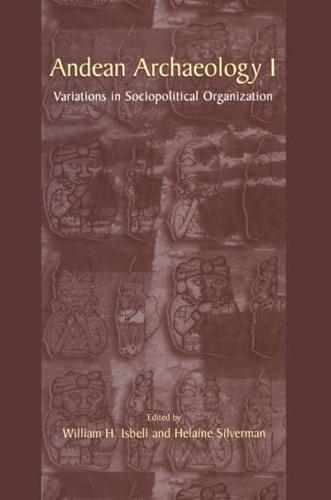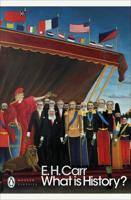Publisher's Synopsis
Study of the origin and development of civilization is of unequaled importance for understanding the cultural processes that create human societies. Is cultural evolution directional and regular across human societies and history, or is it opportunistic and capricious? Do apparent regularities come from the way inves- tigators construct and manage knowledge, or are they the result of real constraints on and variations in the actual processes? Can such questions even be answered? We believe so, but not easily. By comparing evolutionary sequences from different world civilizations scholars can judge degrees of similarity and difference and then attempt explanation. Of course, we must be careful to assess the influence that societies of the ancient world had on one another (the issue of pristine versus non-pristine cultural devel- opment: see discussion in Fried 1967; Price 1978). The Central Andes were the locus of the only societies to achieve pristine civilization in the southern hemi- sphere and only in the Central Andes did non-literate (non-written language) civ- ilization develop. It seems clear that Central Andean civilization was independent on any graph of archaic culture change. Scholars have often expressed appreciation of the research opportunities offered by the Central Andes as a testing ground for the study of cultural evolu- tion (see, e. g. , Carneiro 1970; Ford and Willey 1949: 5; Kosok 1965: 1-14; Lanning 1967: 2-5).












